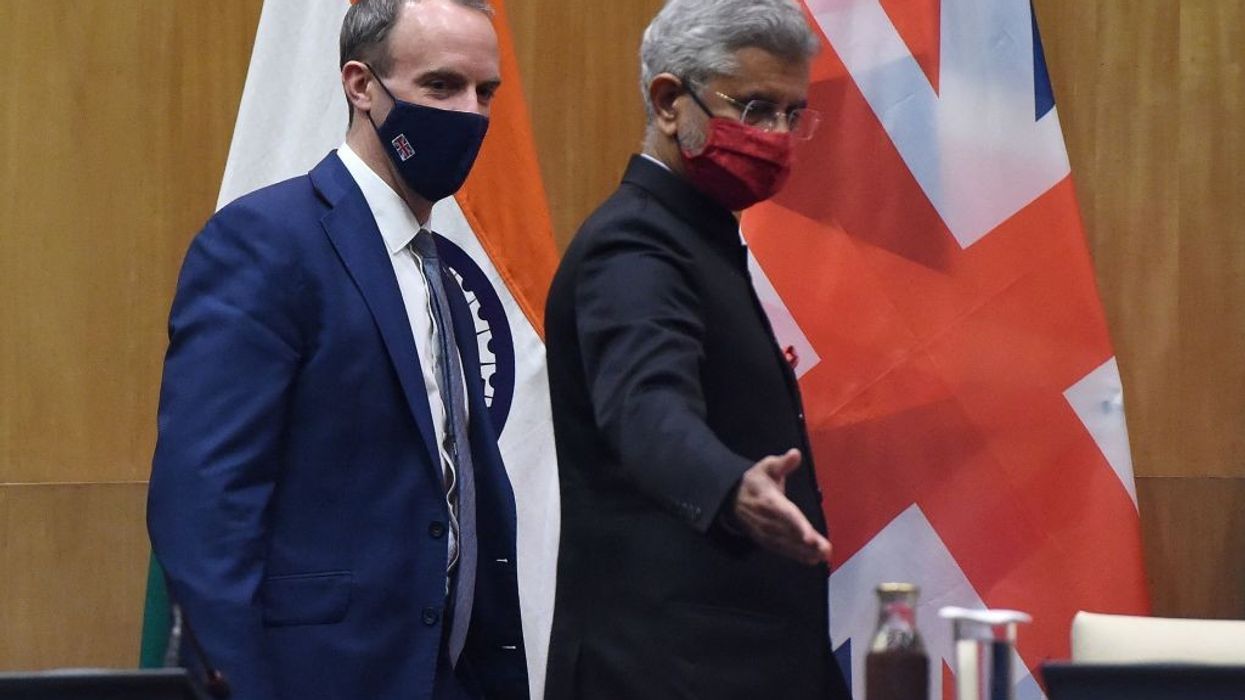UK trade secretary Liz Truss on Tuesday (25) launched a 14-week consultation to seek the views of the public and business as part of preparations for a trade deal with India.
The UK wants a deal that slashes barriers to doing business and trading with India’s £2 trillion economy and market of 1.4 billion consumers. This includes removing tariffs of up to 150 per cent on whisky and 125 per cent on British-made cars, said a statement from the Department for International Trade (DIT).
The public consultation, which runs to August 31, will help the UK craft a deal that includes closer cooperation in future-focused industries such as science, technology and services, creating high-value jobs across the country, it added.
It includes a questionnaire that will gather information from participants about their experiences and priorities when doing business with India.
Formal negotiations on the deal are expected to begin later this year, the DIT said.
“We’re firing the starting gun on a free trade deal with India – the world’s largest democracy, fifth biggest economy, a nation of 1.4 billion people and a huge market for British goods like whisky, cars and services," said Truss.
“We want an agreement that pushes new frontiers in industries of the future and helps us build a greener, more innovative and more services-led economy that will deliver higher-paying jobs across the country.”
According to the statement, the UK also aims to make it easier for services firms to operate in the Indian market, boosting the UK’s status as an international services hub. India’s growing middle-income population and highly connected youth will be the target consumers for the type of goods and services the UK excels in, it further said.
International trade minister, Ranil Jayawardena said: “India is one of the world’s fastest-growing economies and we share much in common, so we’re natural partners.
“A trade deal will break down barriers, making it easier for British businesses to sell their wares in India – and secure more investment, better jobs, higher wages, more choice and lower prices here at home.”
The consultation follows the Enhanced Trade Partnership (ETP) agreed at the virtual meeting between UK prime minister Boris Johnson and Narendra Modi on May 4, where they launched a ‘2030 Roadmap’ which will provide a framework for UK-India relations.
The UK said that the partnership already created immediate opportunities for British businesses in India across industries, such as food and drink and life sciences by improving market access. Non-tariff barriers on fruit and medical devices will be reduced, allowing British businesses to export more of their products to India.
UK and India wants to double the trade between the countries by 2030 from around £23bn in 2019. Nearly half a million jobs are supported across India and the UK through investments in each other’s economies, latest data from the department shows.





